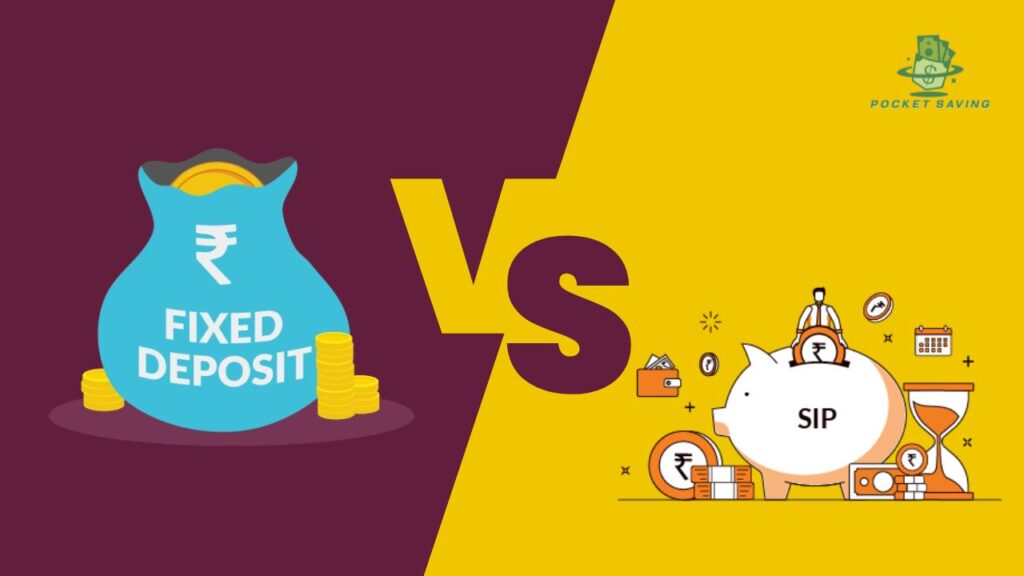India’s edtech industry has changed dramatically over the past decade. Initially, the sector experienced a boom with thousands of startups to revolutionize education. However, a closer look at the industry shows a strong reality that has shut down almost 2,780 EDTECH startups over the past decade. This article explores the factors behind these closures, their impact on the education sector, and the future of EDTECH in India.
Also Read: 20+ Banks Offering 8% or Higher Interest on Fixed Deposits (FD)
1. The rise of edtech in India
A) Early growth and expansion (2014-2019)
The advent of high-speed internet and affordable smartphones has achieved prosecution by learning online in India.
Government initiatives such as Digital India and Skill India have encouraged technical education.
Investors have joined billions of people in startups that provide K-12 learning, test preparation, professional upskiing and interactive learning platforms.
B) Pandemi-Driven boom (2020-2022)
The Covid-19 block was forced to move traditional classrooms to online formations.
Start-Ups, including Byju’s, Unacademy, Vedantu, Whitehat Jr., recorded unprecedented growth. VC Investments reached its peak in 2021, with Indian Edtech companies raising over US$3.6 billion.
2. Decline and shutdown
A) Post-Pandemic Shift (2022-2024)
When schools and universities resumed, the demand for online learning was determined.
Parents and students returned to offline methods of learning, causing revenue waste.
Many Edtech startups were unable to adapt to the new reality.
B) Investment and Funding Crisis
In 2024, Edtech’s total funding fell to just USD 640 million compared to the past few years.
Investors were cautious when supporting losses.
Large companies like Byjus fought to gather new capital, which led to layoffs and restructuring.
C) Market saturation and increased competition
Hundreds of startups offering similar services have led to oversaturation.
High customer acquisition costs make it difficult for small players to survive. Established brands such as Unacademy and Vedantu absorb market share, making it even more difficult for new participants to participate in the competition.
D) Operational and financial management errors
- Many startups prioritized scaling faster compared to profitability.
- Aggressive marketing costs and high pay have led to financial instability.
- Byju was once worth US$22 billion and was a legal challenge for outstanding loans, delayed pay and investor disputes.
- Companies like Lido Learning and Udayy have concluded because of financial mismanagement.
E) Regulatory and compliance challenges
- The Indian government has strengthened its educational technology regulations.
- Misleading advertising claims and refund disputes led to distrust of consumers.
- The lack of a clear regulatory framework led to disruption and business uncertainty.
Also Read: How to Integrate PhonePe Payment Gateway in Laravel
3. Case studies on Major Edtech Failures
a) Byju’s: From the edtech giant to the financial crisis
Once India’s biggest edtech success story, Byjus saw several set-offs. The reputation was damaged by allegations of aggressive sales tactics.
Legal issues with US$1.2 billion loans continued to exacerbate the company’s finances.
By the beginning of 2024, the company had to fire thousands of employees and rebuild the company.
b) Lido Learning: Sudden collapse
It raised USD 10 million in 2021, but was closed in early 2022 due to cash flow issues.
Employees and customers were stuck with unpaid fees and unfinished courses.
c) Udayy: Fighting the post-pandemic transition
During the pandemic with live learning sessions for kids.
It led to his closure in 2022 as he was unable to adapt to declining demand during the pandemic.
d) Vedantu & Unacademy: Survival, but Downsizing
The companies laid off hundreds of employees to reduce costs.
Shift focused on hybrid models (online + offline learning centers).
4. The impact of shutdown
A) Unemployment and economic impact
- We lost over 50,000 jobs in the Edtech sector.
- Many experts had to change industries.
- Investors have lost billions of failed activities.
B) Student Experience and Trust Issues
- The platform was closed without notice, leading to thousands of students floating around.
- The refund questions resulted in legal cases and undermined trust in the EDTECH brand.
C) The shift in investors’ trusts
- Investors are more cautious now and prefer startups with sustainable revenue models.
- The focus has shifted from rapid growth to long-term profitability.
5. The future of Edtech in India
a) Hybrid learning model
Now, businesses are mixing online and offline to maintain their relevance.
Example: Unacademy opened an offline learning centre and started with a physical coaching institution.
b) Focus on profitability rather than growth
- Investors now need a clear source of income before startups can provide funding.
- Edtech companies are the connection between the subscription-based models and the company.
c) AI development and personalized learning
- An AI-controlled platform helps with adaptive learning.
- Chatbots and AI tutors improve user commitment.
d) Government regulations and guidelines
- The government is working on Edtech’s regulatory framework.
- New guidelines can ensure consumer protection and improve industry standards.
Suggested Read: Quantexa Raises $175M, Reaching $2.6B Valuation to Enhance AI Data Analytics
Conclusion
The story of Indian edtech startups over the past decade is a mixture of quick success and sudden failure. Fundraising issues, post-pandemic changes and market saturation have brought 2,780 startups nearing, but the industry is not dead. A more balanced approach focusing on sustainability and innovation will allow India’s Edtech to thrive in the coming years.






[…] Also Read: India’s Edtech Rise and Fall: 2,780 Startups Shut Down in the last 10 years […]